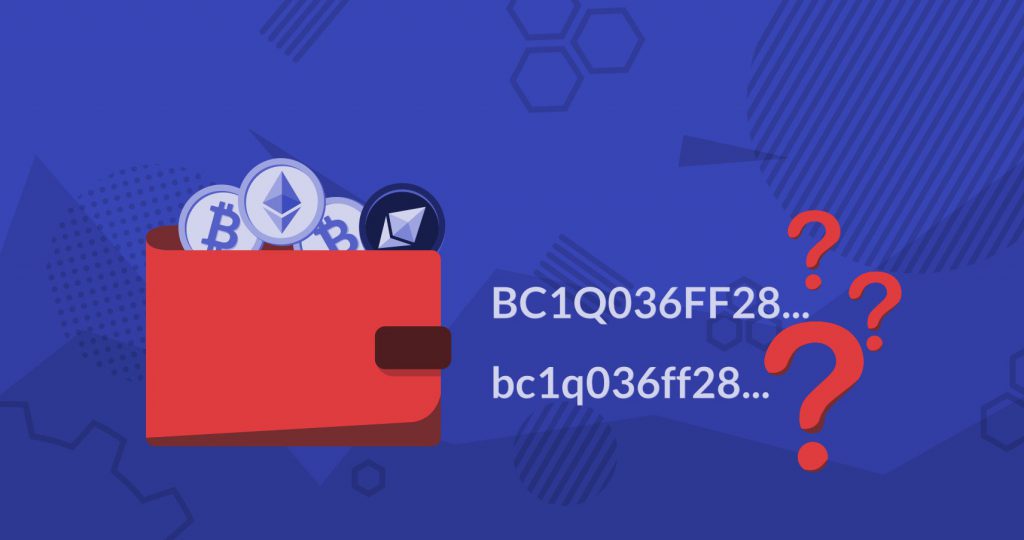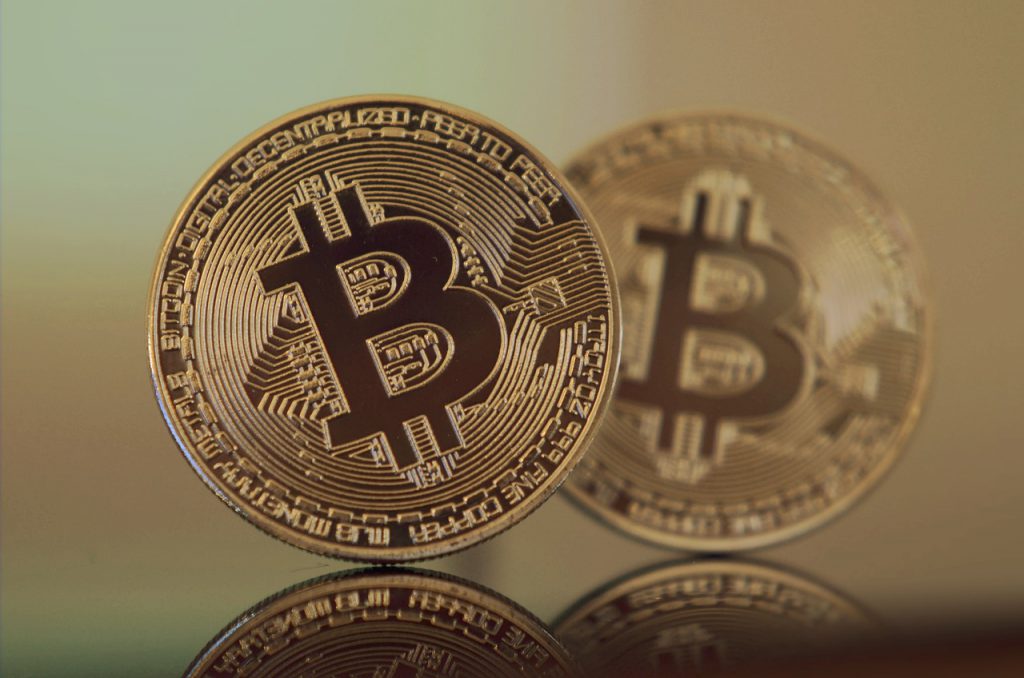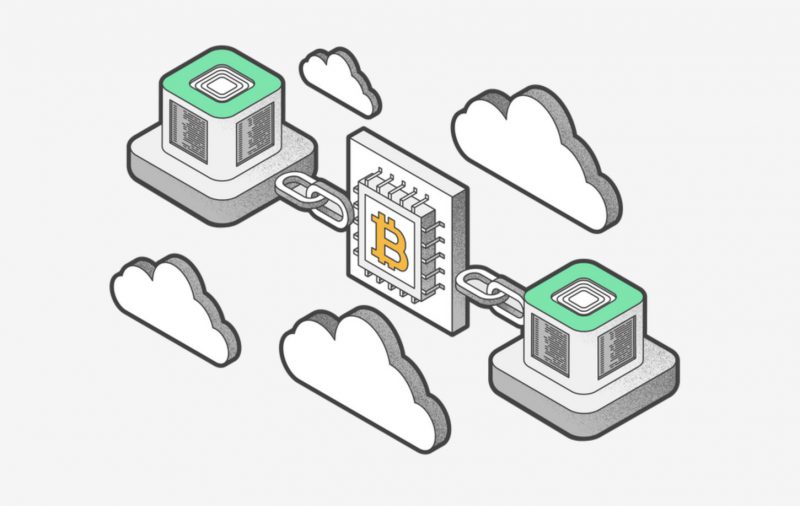Are you curious about whether or not Bitcoin addresses are case-sensitive? You’re not alone.
Cryptocurrencies have become increasingly popular over the years, with Bitcoin (BTC) being the most popular cryptocurrency in the world. As more people venture into the world of Bitcoin and other cryptocurrencies, many questions have been raised about how they work and the security of transactions.
One of the most common questions asked is whether Bitcoin addresses are case-sensitive or not. In this article, we’ll explore this question and debunk the myths surrounding case sensitivity and Bitcoin addresses.
What is a Bitcoin address?
A Bitcoin address is a unique identifier that is used to send and receive Bitcoin. It consists of a string of alphanumeric characters, usually starting with the number 1 or 3, and is between 26 and 35 characters long. Bitcoin addresses are generated by a user’s wallet and are used to transact BTC with other users.


Are Bitcoin addresses case-sensitive?
The short answer is no; Bitcoin addresses are not case-sensitive. This means whether you use uppercase or lowercase letters in the address will still be recognized as the same address.
For example, if your Bitcoin address is 1A1zP1eP5QGefi2DMPTfTL5SLmv7DivfNa, it will be recognized as the same address if you type it as 1a1zp1ep5qgefi2dmptftl5slmv7divfna.
What Bitcoin wallet address formats are there?
When working with Bitcoin, there is one situation in which you need to pay extra attention to the case sensitivity of wallet addresses.
Since it has existed for a very long time—since 2009—in contrast to most other cryptocurrencies, Bitcoin has undergone several adjustments. The development of wallet addresses on its blockchain is one of them.
Three generations of Bitcoin wallet addresses are currently available, each with a unique address structure. Which are:
- Legacy (P2PKH)
- P2SH
- Bech32
Legacy (P2PKH)
The earliest Bitcoin addresses are known as legacy addresses or Pay to Public Key Hash (P2PKH) addresses since they date back to when Bitcoin was first made available to the general public. These addresses can be 26 to 32 characters long and begin with the number 1. Because legacy addresses demand more labor from the blockchain to process transactions, they typically have higher transaction fees.


P2SH
Second-generation Bitcoin addresses are known as Pay to Script Hash (P2SH) addresses. The more sophisticated security features, such as a multi-signature facility, make them substantially more secure than P2PKH addresses, and they begin with the number “3”. P2SH addresses, which are among the most popular Bitcoin addresses, are 34 characters long.
Bech32
The newest Bitcoin addresses, known as Bech32 addresses, were created to address issues with the P2PKH and P2SH forms that were used in the past. They also have the longest and most sophisticated Bitcoin address format, beginning with “bc1,” and because they process transactions more quickly, they frequently have the lowest transaction fees.
It’s crucial to remember that all three wallet address formats can technically communicate with one another. It might, however, depend on the wallet you’re using, as more traditional wallets may have difficulties identifying and connecting to modern Bech32 addresses.
Case-sensitive Bitcoin Wallet Addresses and Examples
While Bitcoin addresses are not case-sensitive, there are some cases where case sensitivity is important.
For example, uppercase and lowercase letters matter when entering a private key. Private keys are used to sign transactions and prove ownership of a Bitcoin address. If the private key is entered incorrectly, the transaction will fail.
Another case where case sensitivity is important is when entering the address manually.
If you manually enter an address, it is important to check that you have entered it correctly, as even a small mistake can result in the loss of funds.
This is why many wallets have a feature that allows you to copy and paste the address instead of typing it out manually.


Case-sensitive Bitcoin wallet addresses and examples
While Bitcoin addresses are not case-sensitive, some wallets use case-sensitive addresses.
One example is the Ethereum wallet. Ethereum addresses are case-sensitive, meaning whether you use uppercase or lowercase letters in the address matters. It is important to always check the address before sending any Ethereum.
Private keys and case sensitivity
Private keys are case-sensitive, unlike Bitcoin addresses.
This means that if you enter the private key incorrectly, the transaction will fail. It is important to keep your private key secure and never share it with anyone.
Address input: manually entering or copying and pasting
When entering a Bitcoin address, you must check that you have entered it correctly. This is especially important when entering an address manually, as even a small mistake can result in losing funds.
Some wallets have a feature that allows you to copy and paste the address instead of typing it out manually. This is a more secure way of entering the address, reducing the risk of making a mistake.
Sending Bitcoin: case-sensitivity considerations


When sending Bitcoin, it is important to consider case sensitivity. While Bitcoin addresses are not case-sensitive, some wallets may still treat them as such. This means that if you enter the address incorrectly, the transaction may fail.
To avoid this, it is important to double-check the address before sending any Bitcoin.
Debunking the myth
We’ve said it above but will say it again to help debunk the myth.
No, Bitcoin addresses are not case-sensitive.
This means whether you use uppercase or lowercase letters in the address will still be recognized as the same address. While case sensitivity is important when entering private keys and manually entering addresses, it is not important when transacting Bitcoin.
Is there any other way to copy and paste the address of a Bitcoin wallet?
Yes, there are other ways to copy and paste the address of a Bitcoin wallet.
One way is to use a QR code. Many wallets have a feature that allows you to scan a QR code instead of typing out the address manually. This is a more secure way of entering the address, reducing the risk of making a mistake.
Conclusion
In conclusion, we have debunked the myth that Bitcoin addresses are case-sensitive. It doesn’t matter if you use uppercase or lowercase letters. The address will still be recognized as identical.
So, feel confident knowing that your transactions will proceed smoothly, regardless of the letter case.
By understanding the nuances of address formats and utilizing secure methods like copy-pasting or scanning QR codes, you can confidently transact Bitcoin while prioritizing security and accuracy.
Stay informed and enjoy the seamless experience of the world’s most popular cryptocurrency.





